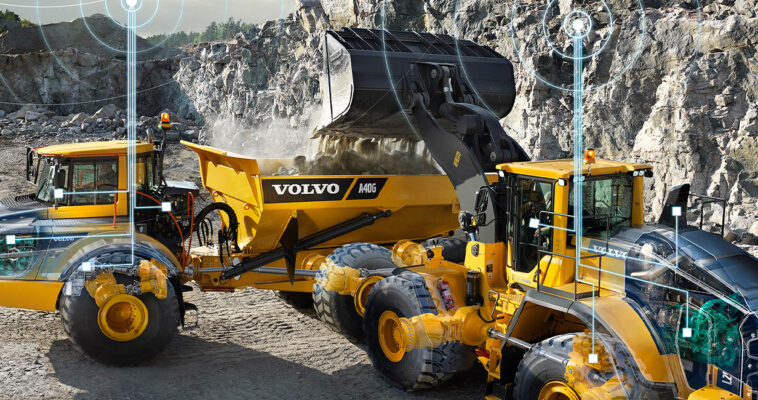Tomorrow's Construction Industry: The Electric Revolution in Heavy Equipment


The construction industry, recognized for its robust machinery and massive equipment, stands on the cusp of a transformative change. As the world rallies behind sustainable practices and strives to curtail its carbon footprint, traditional fossil fuel-powered heavy equipment faces a formidable contender: electric heavy equipment. In this article, we will explore the future predictions surrounding electric heavy equipment and its potential ramifications on the construction industry.
The Rise of Electric Heavy Equipment: A Gaze into the Future
Electric vehicles are progressively gaining traction across diverse sectors, and the construction industry is no exception. The imperative for reduced emissions, quieter operations, lower operational costs, and a sustainable approach to construction spurs the advancement and adoption of electric heavy equipment.
Environmental Benefits: The most profound advantage of electric heavy equipment is its positive environmental impact. Traditional construction machinery is notorious for emitting pollutants, contributing to air pollution and greenhouse gas emissions. Electric equipment, however, leaves behind zero tailpipe emissions, fostering cleaner and healthier construction sites for workers and nearby communities.
Reduced Noise Pollution: Construction sites often disrupt local communities due to the clamor of heavy machinery. Electric equipment's quieter operation compared to diesel counterparts can mitigate noise pollution, enhancing the overall quality of life for residents near construction zones.
Lower Operating Costs: Although the initial investment in electric heavy equipment is steeper, the operational expenses are lower in the long run. Electric motors boast greater efficiency and require less maintenance than internal combustion engines, potentially translating to substantial cost savings over time.
Technological Advancements: Electric heavy equipment presents an avenue for integrating cutting-edge technologies. Automation, remote monitoring, and data analytics can be seamlessly woven into electric machinery, amplifying efficiency, safety, and project management on construction sites.
Impact on the Construction Industry
The embrace of electric heavy equipment will usher in extensive changes within the construction industry, reshaping practices and operations in the following ways:
Enhanced Worksite Efficiency: Electric equipment's swift acceleration and precise control have the potential to elevate worksite efficiency. Construction projects may be accomplished more expeditiously, and tasks such as excavation, lifting, and material transportation could become more streamlined.
Skilled Workforce: With the industry's shift toward electric heavy equipment, the demand for skilled workers familiar with electric machinery is anticipated to surge, prompting a transformation in training programs and necessitating upskilling with workers.
Evolution of Regulations: Governments worldwide are enacting more stringent emissions regulations. The construction sector's transition to electric equipment could align harmoniously with these regulations, aiding construction companies in sidestepping potential fines and penalties.
Altered Business Models: The shift to electric heavy equipment could inspire businesses to adopt novel models, such as equipment leasing and sharing. Companies might collaborate to share the utilization of expensive electric machinery, ultimately trimming costs and augmenting resource usage.
Infrastructure Development: Adopting electric equipment necessitates creating charging infrastructure at construction sites. This infrastructure might be powered by solar energy or integrated with renewable energy sources, further championing sustainability.
Challenges and Considerations
While the future of electric heavy equipment in the construction industry appears promising, several challenges merit attention:
Initial Investment: The upfront expenditure for electric machinery eclipses that of traditional equipment expenses. However, construction companies must evaluate their budgets and financial viability before starting this transition.
Charging Infrastructure: Establishing a dependable and efficient charging infrastructure for electric heavy equipment is imperative. Construction sites may need to upgrade their electrical systems to accommodate the heightened power demand.
Battery Technology: The performance and longevity of batteries are pivotal for electric equipment. Advances in battery technology are imperative to ensure seamless machinery operation throughout the workday.
Conclusion
The construction industry stands at a decisive juncture, on the verge of embracing the electric revolution within heavy equipment. As the world approaches sustainability, electric heavy equipment offers a more eco-friendly, quieter, and operationally efficient alternative to traditional machinery. Despite challenges, the potential benefits in terms of environmental preservation, operational efficacy, and long-term cost efficiency make this transition a compelling proposition. By adopting electric heavy equipment, the construction industry can erect physical structures and a more sustainable and promising future.
